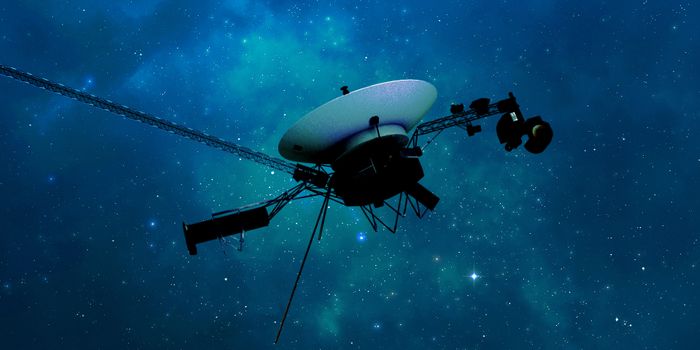NASA Rocket to Discover the Key to Life on Earth
A rocket carrying NASA’s Endurance Mission launched successfully on May 10, 2022 from Andøya Space’s Ny-Ålesund, Svalbard Launch Facility in Norway. Glyn Collinson, principal investigator and space scientist at NASA’s Goddard Space Flight Center in Greenbelt, Maryland, wants to understand the conditions that allow a planet to support life – i.e., what are the differences between planets like Earth that can support life and planets that currently do not, such as Venus and Mars. Collinson believes that a global electric potential may be the answer to this question.
The purpose of the Endurance Mission is to measure the Earth’s global electric potential – or how much Earth’s electric field pulls at electrically charged particles in our air. In 2016, the European Space Agency’s Venus Express Mission detected a 10-volt electric potential surrounding Venus. Currently, water does not exist on the surface of Venus, but it may have billions of years ago. We believe that water is one of the key components to support life on the surface of Earth. The strong electric potential detected around Venus may be the reason why it no longer exists on Venus. The electric potential of Venus is a result of its ionosphere – the electrically charged outer layer of its atmosphere. Recall that water – or H2O – is a molecule composed of two hydrogen molecules and an oxygen molecule. Scientists believe that radiation from the Sun could rip water molecules on the surface of Venus apart, splitting its hydrogen atoms away from oxygen, leaving oxygen positively charged. Then, the electric potential surrounding the planet would pull these positively charged particles away from the surface of the planet, sucking Venus’ oxygen up to space. Over long periods of time, this could leave Venus waterless.
Collinson and his team believe that since Earth also plays host to an ionosphere in its atmosphere, it should also have an electric potential. But, if this is the case, why do we still have water on Earth? Collinson suspects that Earth may still be host to water, and therefore habitable, because our electric potential could be much weaker than the one present in Venus’ atmosphere. In fact, Collinson suspects the Earth’s electric potential is not even as strong as a watch battery! The team estimates the Earth’s electric potential to be approximately 0.3-volts – compared to Venus’ 10-volts – making it 25 times weaker and much more difficult to detect and measure. This very weak electric potential could be the crucial difference between Venus and Earth that allows Earth to support life.
NASA’s Endurance Mission will be the first to measure the Earth’s global electric potential. This can be determined by measuring the speed at which electrons are leaving the Earth’s atmosphere. The atmospheric escape of electrons is a gradual process that has been happening for millions of years. Electrons are predicted to escape from Earth’s atmosphere at a very specific speed, but will be slowed if a global electric potential exists. Measuring the difference between the expected speed of these electrons and their actual speed will allow the team to determine the strength of Earth’s electric potential and perhaps start to refine the conditions for habitability of a planet.
Sources: nasa.gov
-
MAY 07, 2024Is It Anti-RNP or Anti-Sm/RNP?
- See More
-
APR 30, 2024Immuno-Oncology Virtual Event Series 2024
-
MAY 07, 20243rd International Biosecurity Virtual Symposium
-
JUN 06, 2024The Future of Scientific Conferencing
- See More


















































